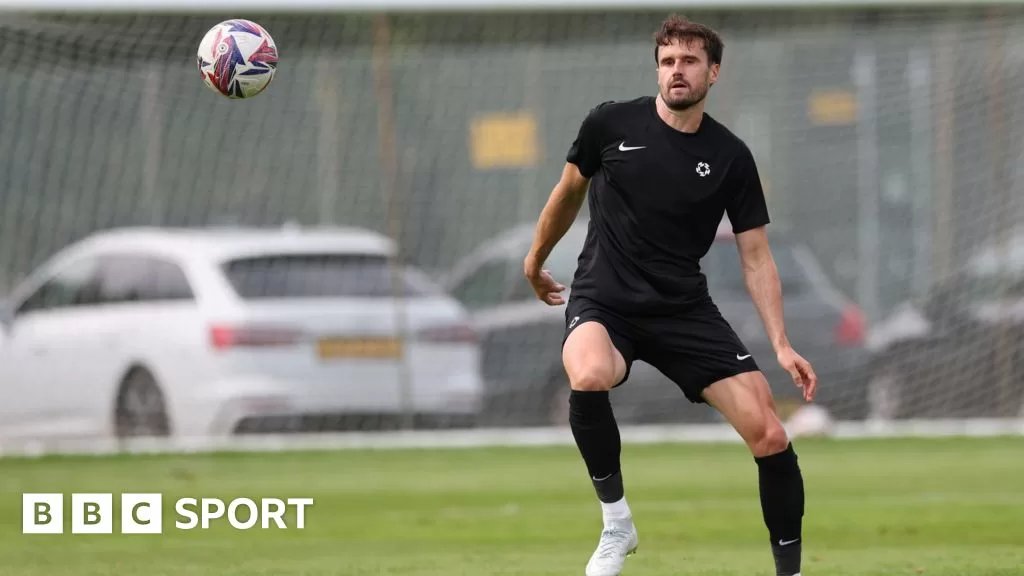In all but a handful of countries – Austria, Switzerland, Belgium, the Czech Republic, Greece and Turkey among them – the summer transfer window is closed.
The opportunity to strengthen squads is over until January. Almost.
Players can still be signed. But they had to be out of contract and not registered at a club when the deadline passed.
It was something being discussed at the Professional Footballers’ Association’s pre-season training camp in Leicestershire last week.
“A lot of the boys are excited for next week,” said Saleem Akanbi, a 20-year-old striker released by Cambridge at the end of the season when he was still a little way off making a full recovery from a major knee injury.
“The deadline has closed, teams have played again and some might have midweek games. Managers have seen what is in the building, there is no waiting on ifs, buts and maybes until January. Free agents could become gold dust.”
Akanbi was part of a 36-strong group who attended the last few days of a 10-week camp, which players could dip in and out of, set up by the PFA to create a team environment for those who are yet to sign for a club.
Professional coaches put sessions on and five matches were arranged, including against Manchester United’s Under-21 side, finishing with a game at Cambridge on 27 August.
The mix of players was extensive, from Akanbi at one end of the experience scale to former Arsenal, West Ham and England defender Carl Jenkinson at the other.
“We haven’t got clubs at the moment but we all have aspirations to keep playing the game,” said Jenkinson, who has just returned from a two-and-a-half-year stint in Australia – first on loan at Melbourne City, then at A League outfit Newcastle Jets.
The camp is an example of the PFA’s attempts to make itself more relevant to current players. In addition to the training aspect, players are given access to the PFA’s business school, education and mental health initiatives.
More than 100 players took part in total, some of whom have already found clubs.
“The target audience for this camp was not people dropping out of academies,” said PFA chief executive Maheta Molango. “This was for more established professionals.”
The average age of the group was 27 to 28. The noises coming out of the final session on 29 August were the same as they would be on any training ground at a professional club.
The benefits are twofold.
Firstly, if a club wants to sign an out-of-contract player, that player has to be ready to make an impact immediately.
“I can’t emphasise the point enough,” said Jenkinson. “Training on your own is difficult. If you are doing it during the off-season, you know it is just for a period of time, you know what you are aiming for and soon you will be round the lads again.
“Training on your own when you don’t know what the outcome is going to be or what you will be doing next week is a lot more difficult.
“If you don’t have a club, it can be a lonely place. Here you are with 40 other lads who are in the same situation.”
